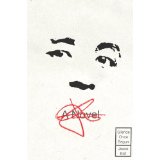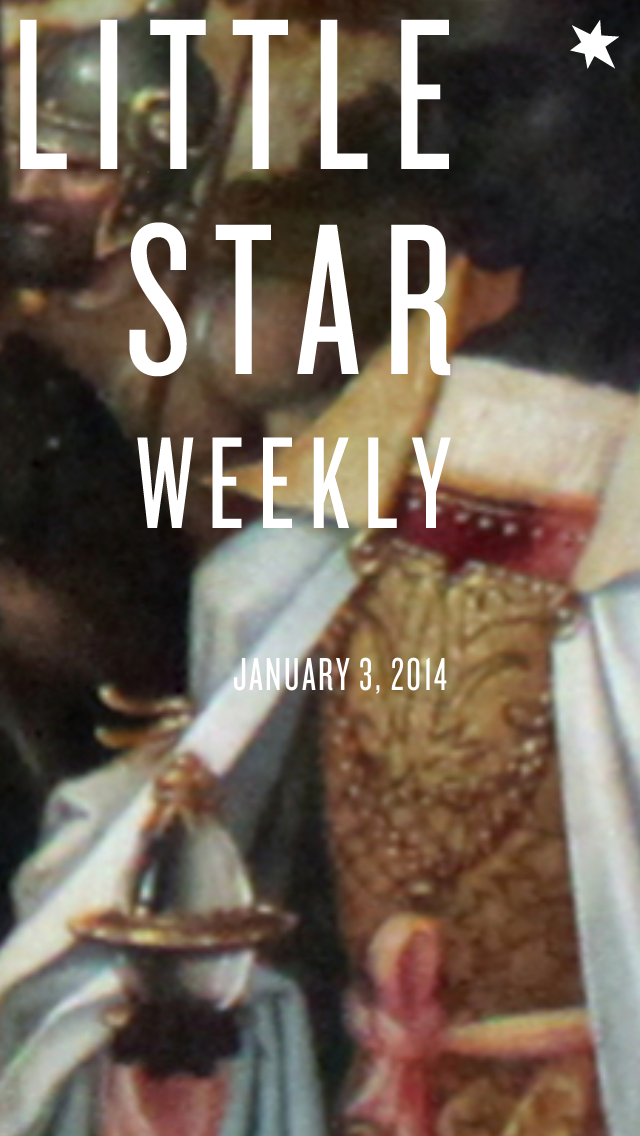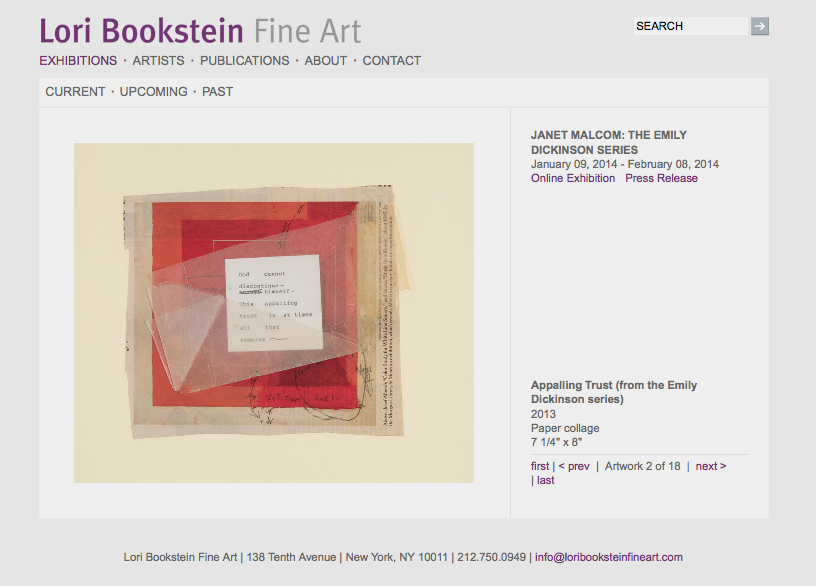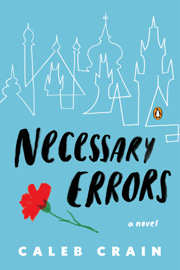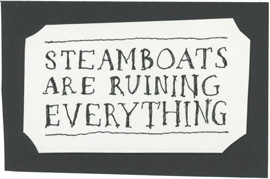The Mother of the Accused
I said to him, I said: When you were four, your father and I had a thought that we should perhaps travel to different waterfalls, that it might be a good thing to see all the waterfalls we could. So, we began to go to waterfalls whenever we had a chance. That year I believe we saw thirty waterfalls, in many places. We developed a routine for it. We would drive there and get out. Your father would pick you up. He would say to you, Is this the right waterfall? and you would say, No, not this one. Not this one. We went all over. There are really more waterfalls than one thinks. When he talked to me about the project, I said, I don’t know how many waterfalls there are to go to, but I was wrong, there are many. It was just the three of us in the car then, as your sister and brother weren’t born yet. Just the three of us, riding along. We would go down these tiny roads, past fields and rice paddies. We would have to stop to ask directions of the strangest people. But everyone seemed to understand what we were doing. It was never hard to explain it. We are going to see many waterfalls. And the person would say that that was a good thing to do, and that right that way was another waterfall, a very fine one, quite worth seeing. Then we would go on down the road, and pull up at the place. I would get out, I would get you out. You would go to your father. Then the two of you, the two of you would go to the edge of the water. Your father would cock his ear to listen, and you would imitate him. We didn’t have a camera, so I don’t have any pictures of it. But the two of you would listen to the waterfall for quite a while. Then he would pick you up and he would say, Son, is this the right waterfall? and you would say, No, not this one. Not this one...
Read more in Little Star Weekly this week
In Jesse Ball’s new book, Silence Once Begun, a mysterious stranger becomes occupied with the case of a man sentenced to death in Japan for confessing to a series of inexplicable murders that may not even have taken place. We bring you fragments of his mysterious and tender inquiry into love, danger, and human purpose over the next three issues of Little Star Weekly.
Jesse Ball is the author of three previous novels, including Samedi the Deafness, and several works of verse, bestiaries, and sketchbooks, most recently The Village on Horseback: Prose and Verse, 2003-2008. He gives classes on lucid dreaming and lying at the School of the Art Institute of Chicago.
